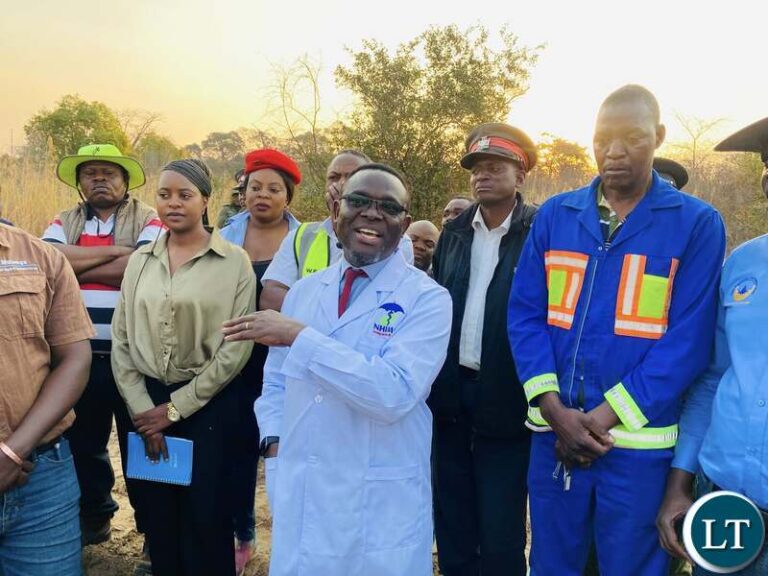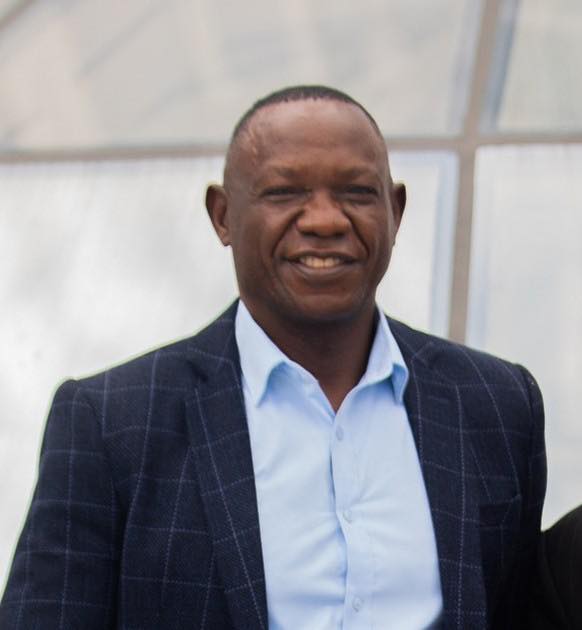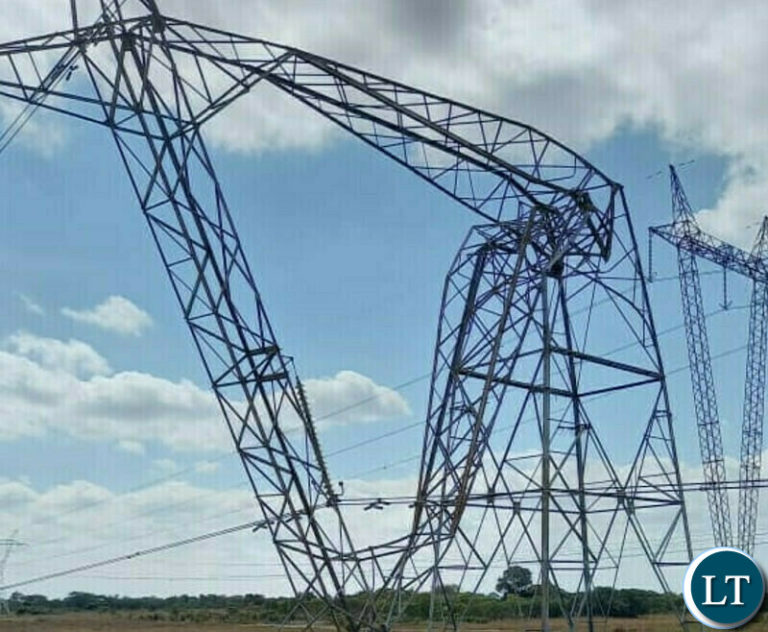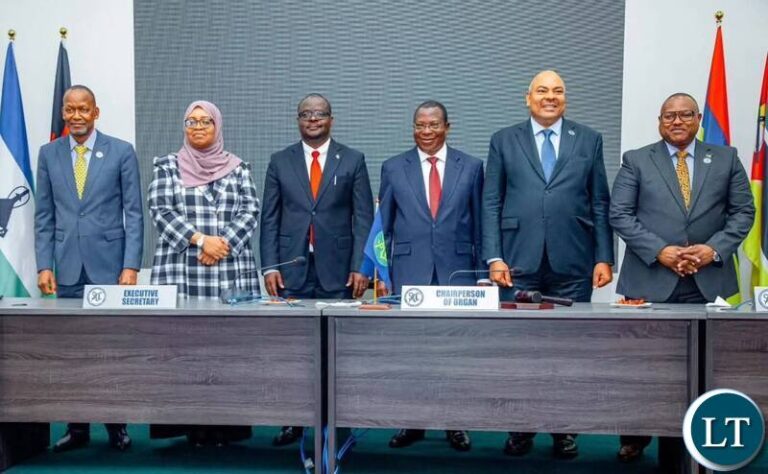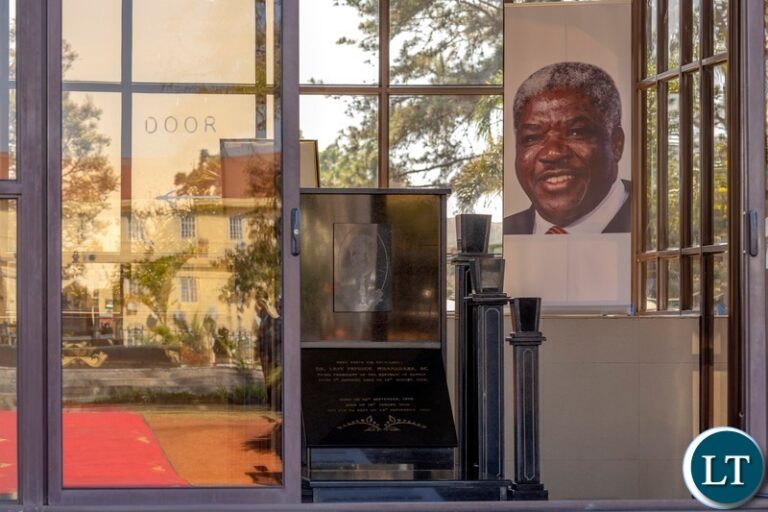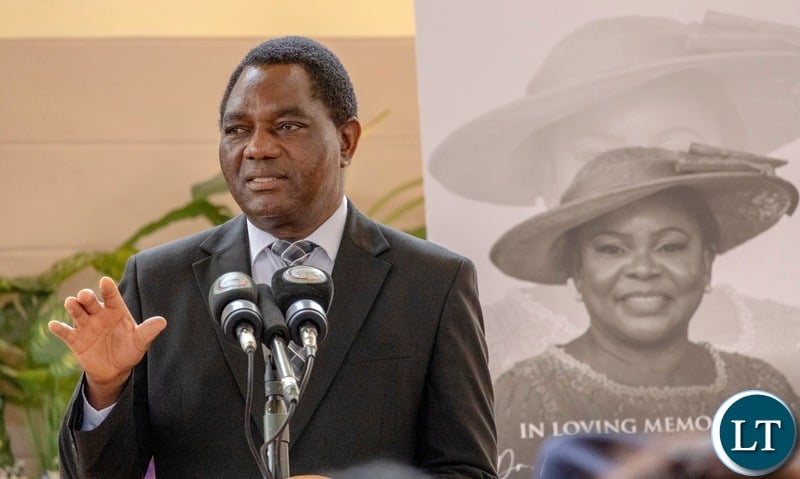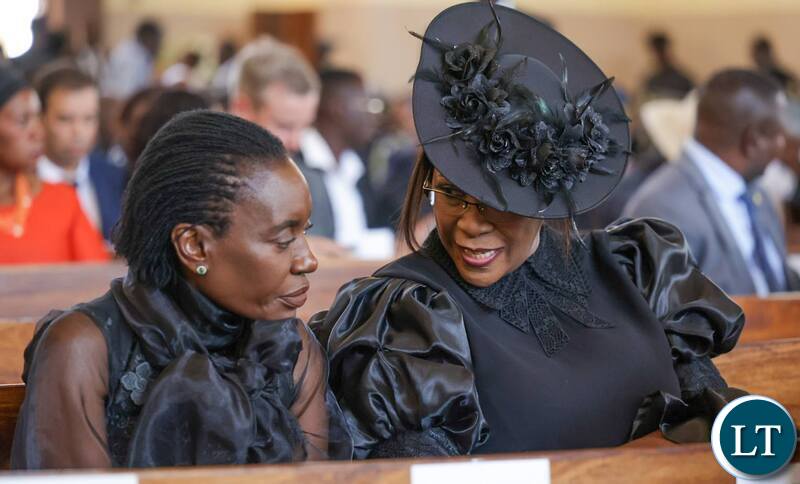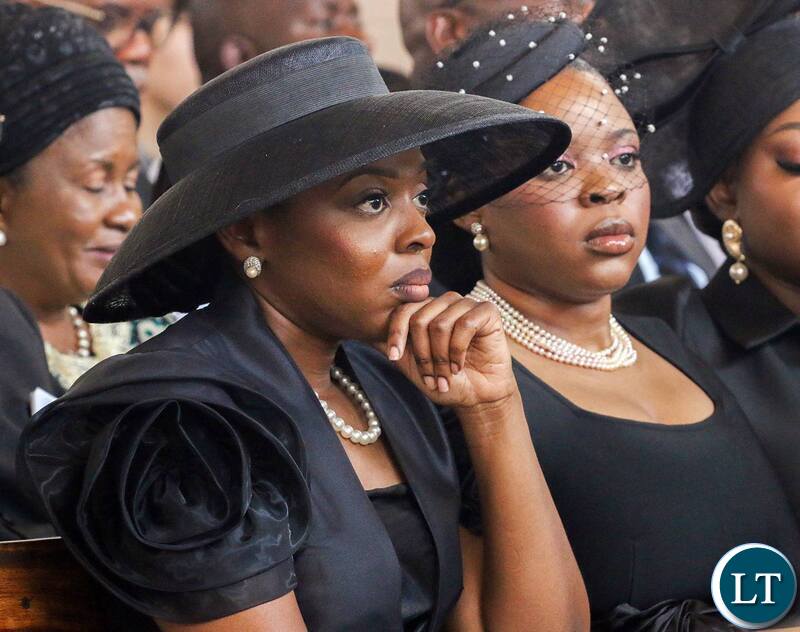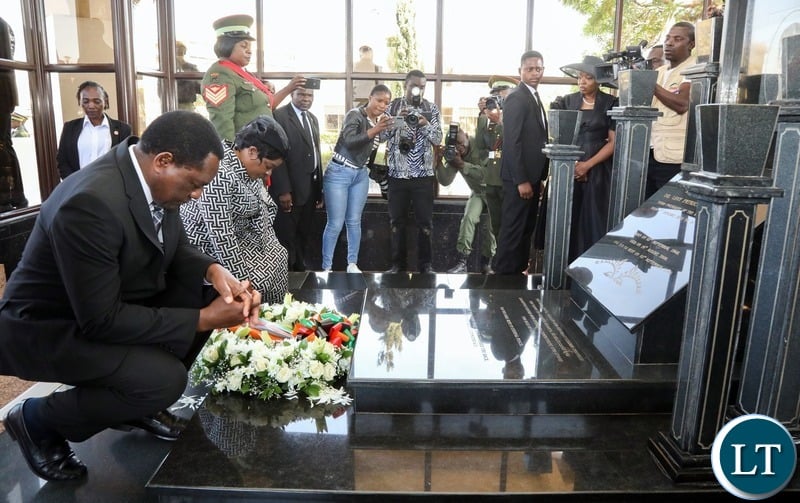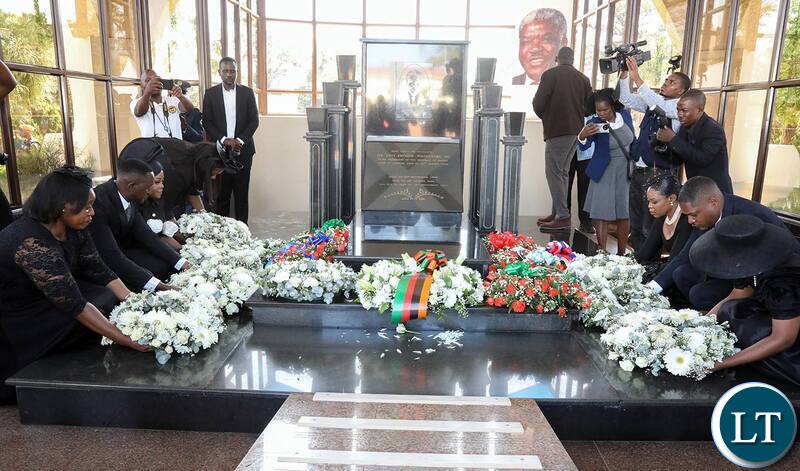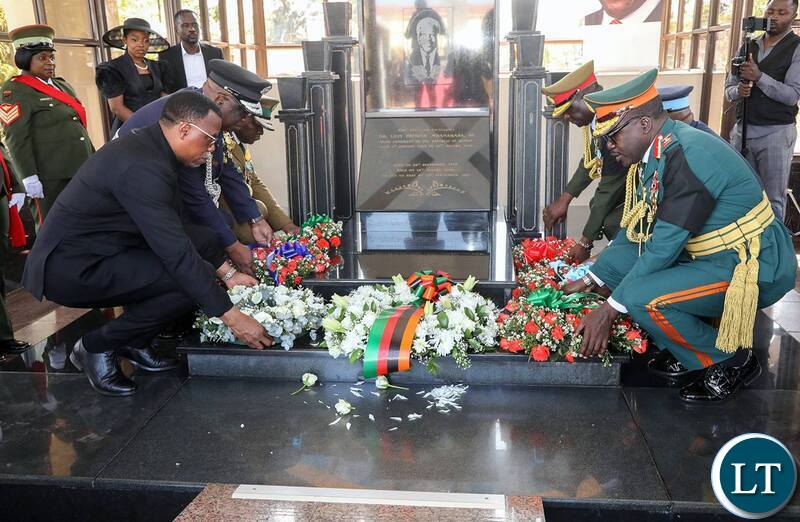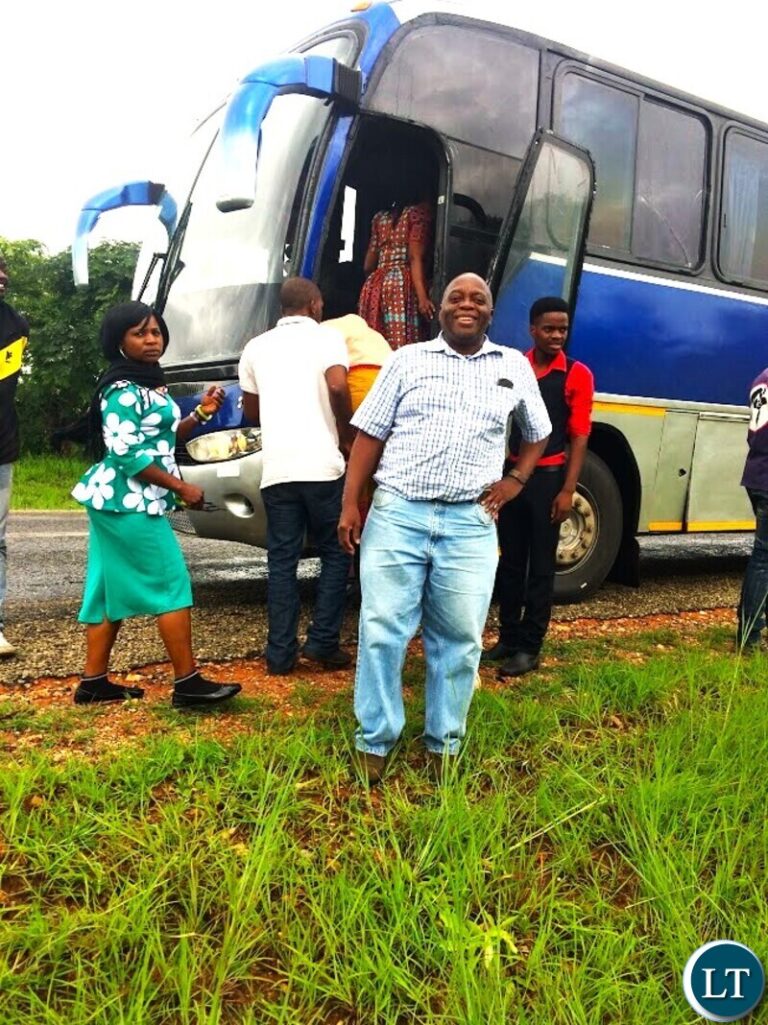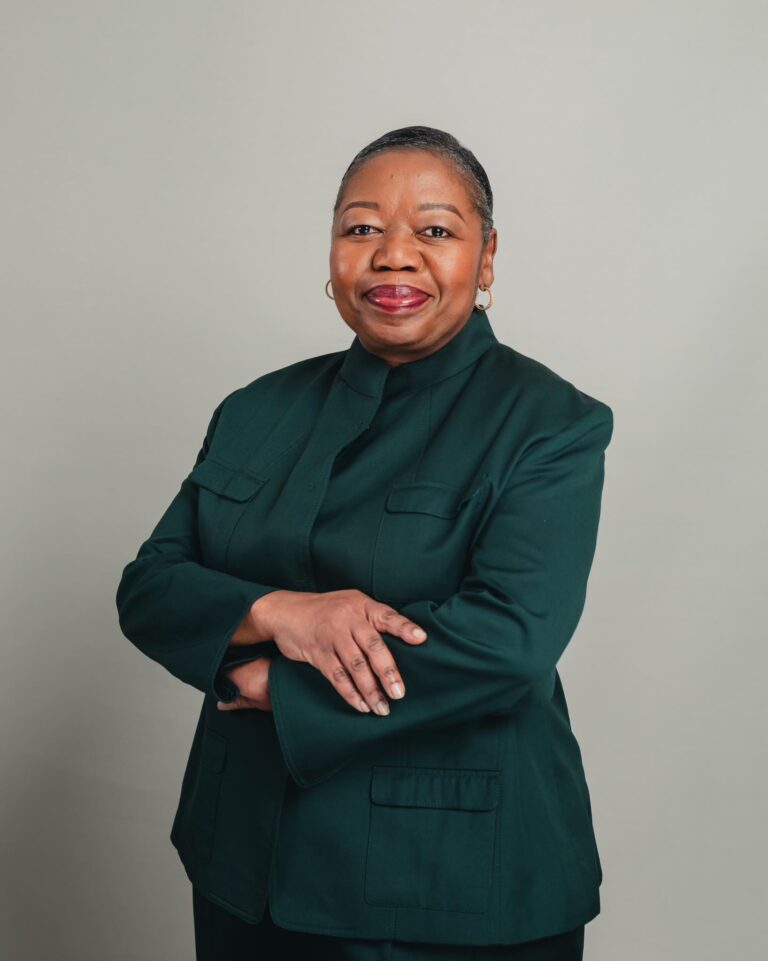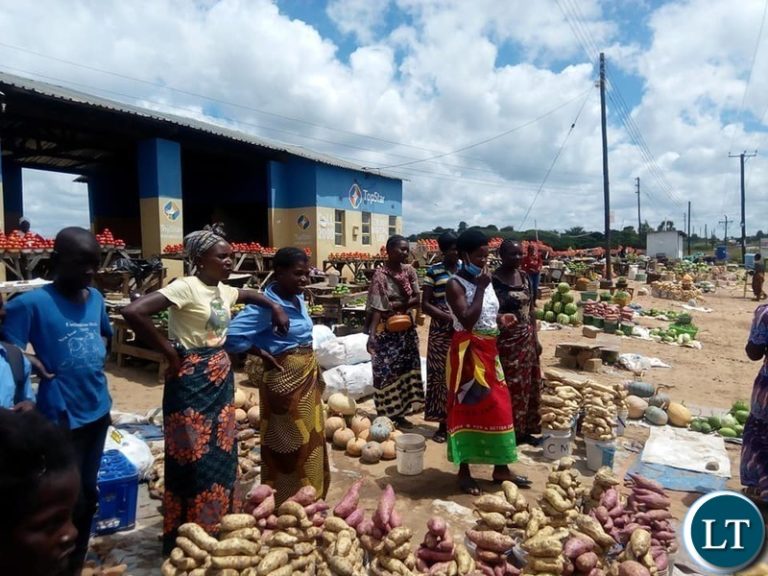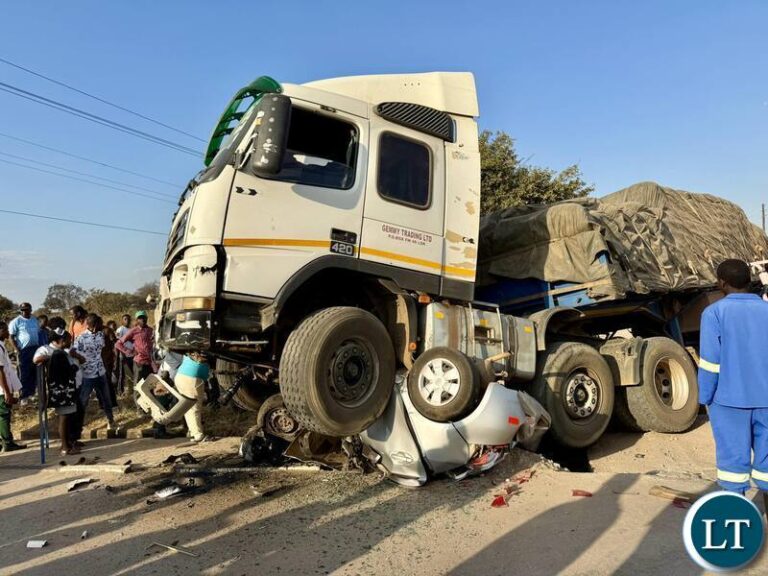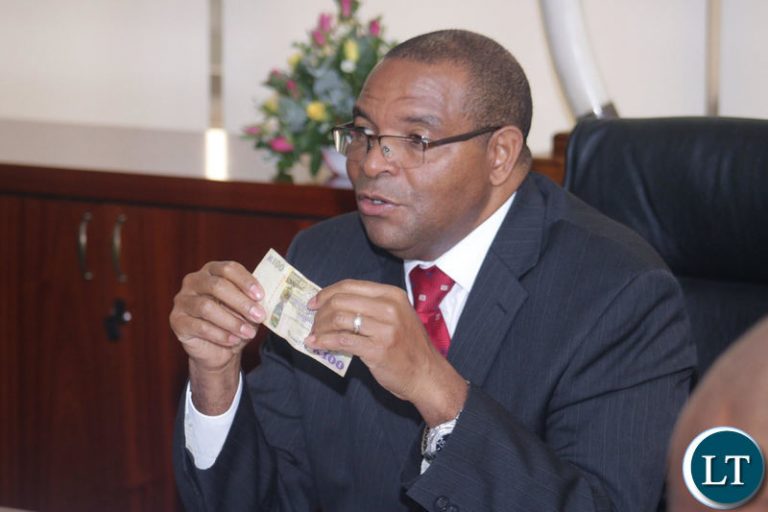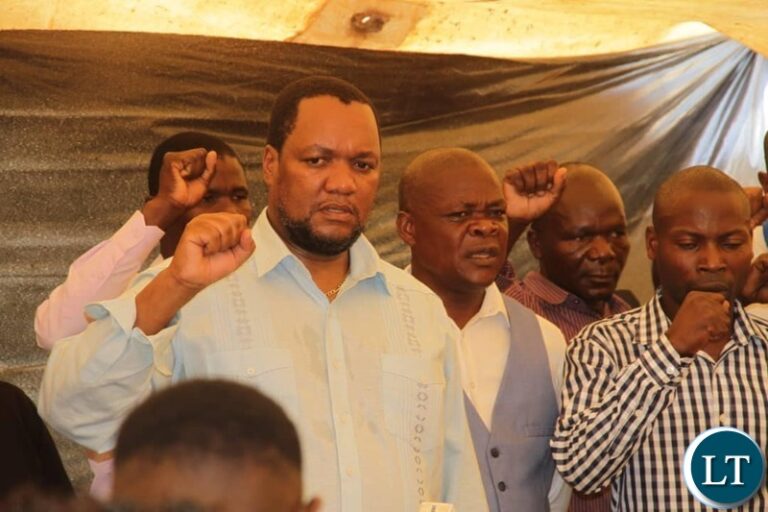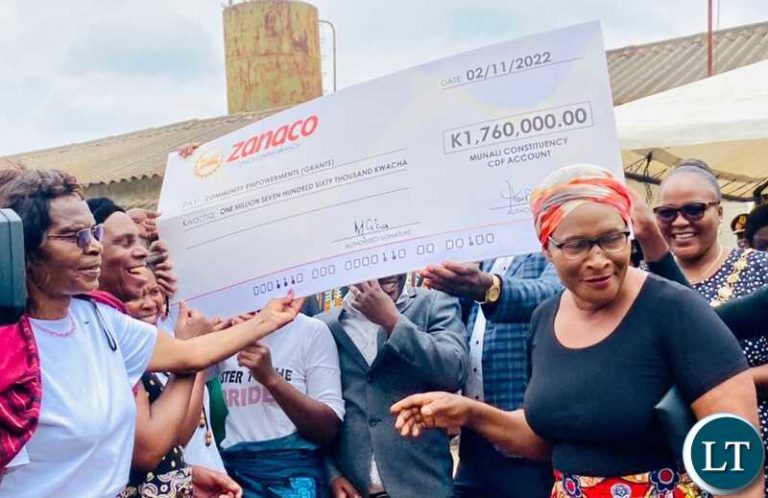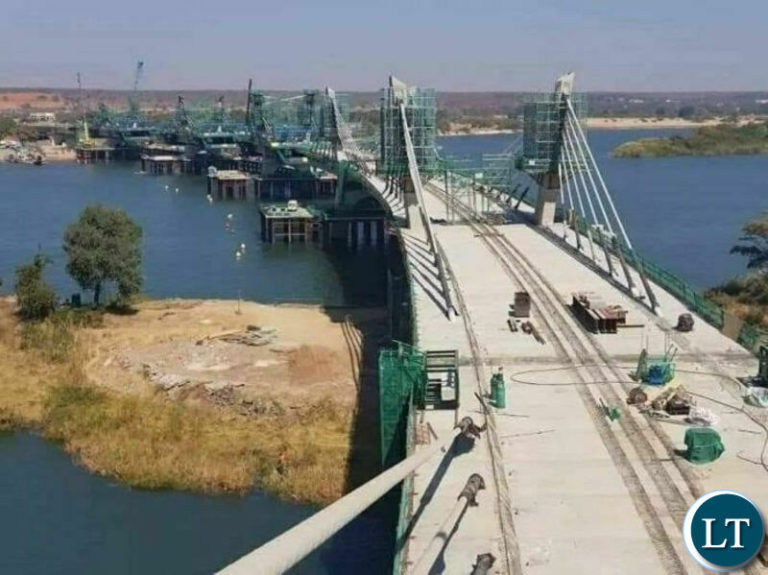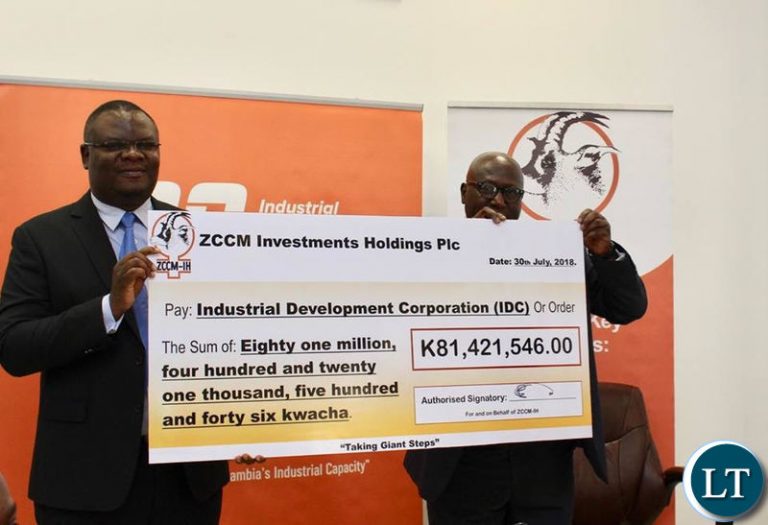Copperbelt Permanent Secretary, Lawrence Mwanza has directed the halting of mining activities near Kafue bridge along the Chingola -Chililabombwe road to prevent contamination of the Kafue river, which supplies raw water to all water utility companies on the Copperbelt.
Speaking in Chingola when he checked on the mining point where debris consisting of heavy metals and other pollutants from illegal mining activities is on the verge of falling into the river, Mr Mwanza directed that all mining activities should be stopped immediately to prevent contamination of the river, which could result in fatalities.
Mr Mwanza stated that his office will look into the documents owned by the company carrying out mining activities to determine whether they can be revoked or relocate the mining activities far away from the river banks.
“We need to be proactive and prevent pollution instead of being reactive, so these activities must stop or move elsewhere away from the river, even if the company has documents allowing it to mine, it does not mean they should mine near the river and pollute it,” he said.
Mulonga Water and Sanitation Company Manager Environment Health and Safety, Sydney Spuni who accompanied the Permanent Secretary said the mining activities were hazardous as they can lead to contamination of the water any time.
” As a water utility our concern is that this may lead to pollution of the river which is our source of raw water, and it will disturb our operations,” he said.
Mr Spuni noted that the debris from the mining activities had accumulated heavy metals and other pollutants over the years and it can easily be washed into the river when the rains begin.
And Zambia Environmental Management Authority (ZAMA) Senior Inspector, Kayombo Ngimbu stated that the proximity of the mining activities to the river does not conform with the ZEMA regulations.Mr Ngimbu said the Authority cannot authorise mining activities that pose a danger to the environment.
Pollution of the Kafue River by mining companies has been on the rise of late on the Copperbelt thereby threatening the safety of drinking water as the river is the source of raw water for water utilities in the province.


